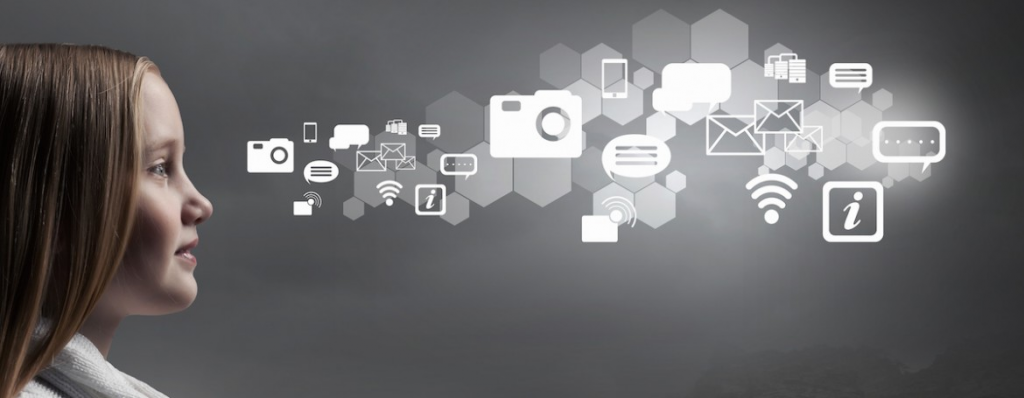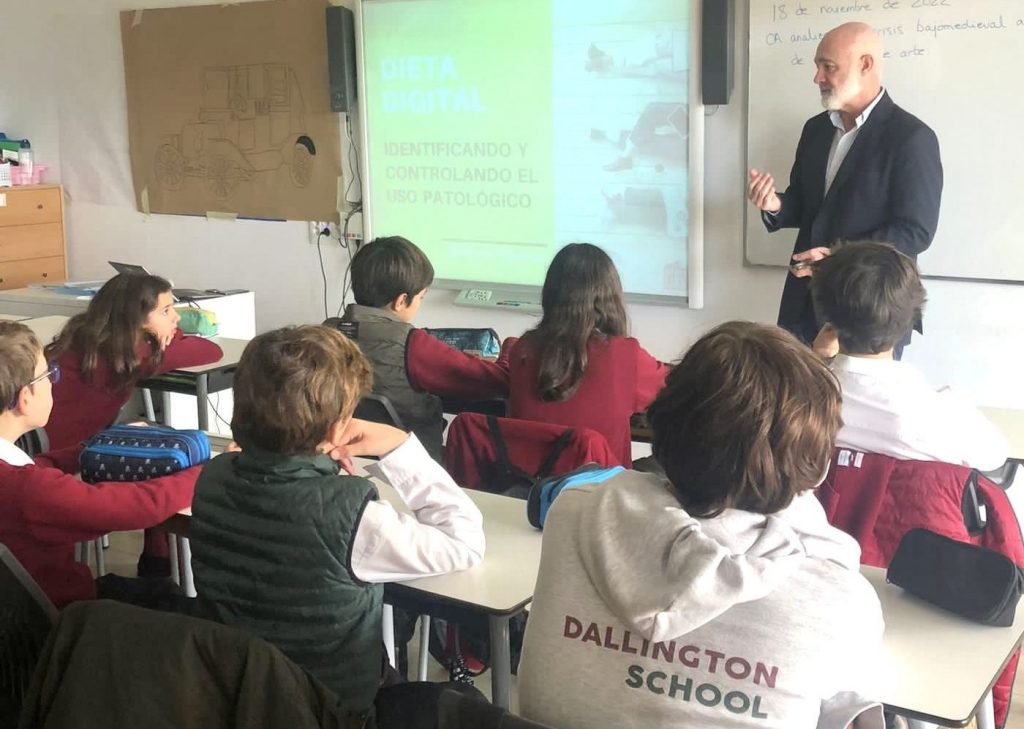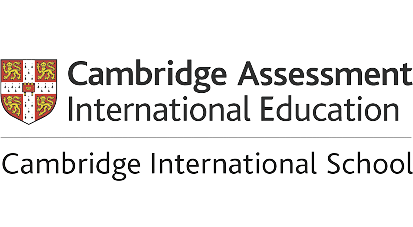Educating together
We have always said that we have a special community of families at this school. The human touch, the involvement in education and the desire to bring up their children to be happy, healthy, competent, and independent is a characteristic feature of our families. School and family work as a team, we share a similar educational style that allows us to care for and educate our children with coherence. With the Educating Together initiative we want to further strengthen this fundamental teamwork by creating spaces in which we can reflect on our challenges as parents.
Every generation of parents has had characteristic challenges and fears associated with the social developments their children faced and were unaware of. Our grandparents faced the drama of drugs; our parents faced the drama of going out at night, the car and alcohol consumption… added to these, if we had to choose the new challenge we have as educators, it is the use of technology; its use, its risks, such as addiction to video games and later to social networks…

Is it convenient for them to play with the iPad when they are little?
The PlayStation that she has been asking me for years, till when do I stand firm, when do I give up?
She has been given a mobile phone, and now what? When and how to control the use of social networks?
These are questions that we will answer in the “Educating Together” meetings of this academic year, which will begin soon, but we would like to give you a preview of a key word: SELF-CONTROL. There is a lot of empirical evidence that warns us that the capacity for self-control is the best protective factor against any addiction. By self-control we mean the ability to self-regulate your behaviour, to control your own impulses and reactions. In order to be able to develop self-regulation, they must first necessarily go through hetero regulation, that is, the capacity of others, in this case, parents and educators, to stop them in their behaviour, to tell them “NO”, or “it’s over”. In this context, it is essential that parents decide and control, throughout early childhood, when devices can be used and for how long. This control should gradually give way, as they enter adolescence, to negotiation and accompaniment so that they themselves learn to control themselves.
At the adolescent stage, when almost all our students now have mobile phones and use social networks, the democratic style (consisting of the parents’ ability to negotiate but also to set clear limits) is more important than ever. But to develop this style well, we need to be well aware of the warning signs, and how to intervene with the challenge of social media.

This year we have a guest of honour to teach us how to educate our students in the healthy use of new technologies. Guillermo Cánovas, director of the Observatory for the Healthy Use of Technology – EducaLIKE-. Director of the Safer Internet Centre for Children in Spain, part of the Safer Internet Programme. President and founder of the child protection organisation PROTEGELES and winner of the UNICEF Award for his work in favour of children in 2013. Professor, writer and expert on adolescent issues, decorated with the Cross of the Order of Merit. Author of several books such as the recently published Digital self-regulation, how to educate in the responsible use of technology.
He has carried out a series of workshops with our secondary school students to help them identify the factors that make video games and social networks potentially addictive, and the strategies for self-regulation.
They will be working with parents in three sessions over the course of the school year, the first of which will take place on 20th December for parents of Y7, 8 and 9 pupils. We encourage you all to attend, it is very important that we are competent parents in this area.



